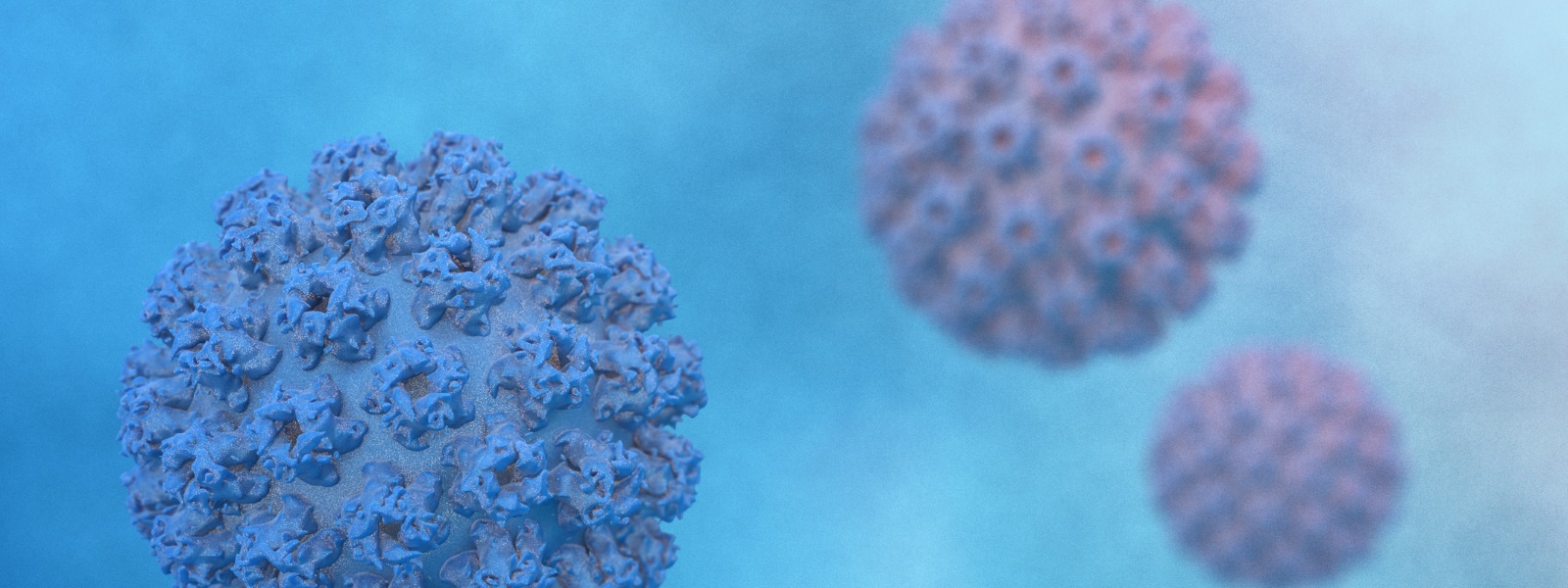
No cervical cancer cases have been detected in fully vaccinated women following the Human papillomavirus (HPV) immunisation at age 12-13, in the 16 years since the programme started in Scotland, research has found.
The study, involving the University of Strathclyde, concludes that the HPV vaccine is highly effective in preventing the development of cervical cancer.
HPV is a common virus, usually spread through sexual contact, and responsible for almost all cases of cervical cancer – the fourth-most common cause of cancer in women worldwide.
The HPV vaccine is offered as a routine immunisation through school-based programmes to all S1 pupils in Scotland. It helps to protect both boys and girls from other HPV-related cancers later in life, such as head, neck and anogenital cancers as well as genital warts.
This year’s HPV immunisation programme is already underway, with consent forms having been sent home from schools across most of Scotland. Young people are encouraged to talk to their parents or carers about the vaccine and return the signed consent forms by the deadline.
The study has been published in the Journal of the National Cancer Institute. It was led by Public Health Scotland (PHS) and produced in collaboration with the Universities of Strathclyde and Edinburgh.
Dr Kimberley Kavanagh, Senior Lecturer in Strathclyde’s Department of Mathematics and Statistics, and a co-author of the study, said:
This study shows the remarkable power of using data to demonstrate how highly effective the HPV vaccination campaign has been in lowering rates of cervical cancer in young women in Scotland.
"This transformative impact could lead to cervical cancer being a rare disease for women in the future."